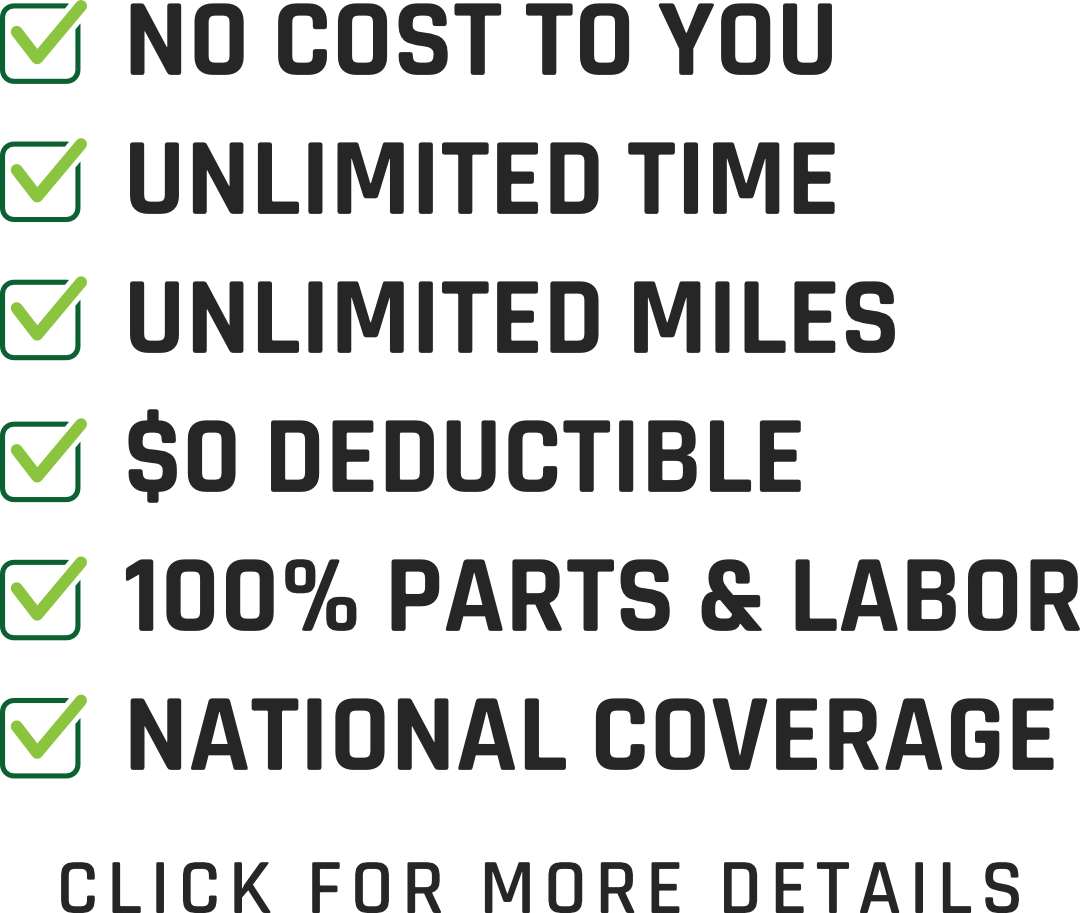
North Carolina residents are at a high risk for various natural disasters, most notably hurricanes, tornadoes, and flooding. Fall season is the peak of hurricane season and the fallout can be disastrous.
While prioritizing the safety of yourself and your loved ones is at the top of your list, protecting your home is probably next on your mind. If you don’t have a garage, you’re likely concerned about your vehicle, too. If you have liability insurance, which is required by most states, you may think you’re covered. But by and large, liability coverage doesn’t account for natural disasters.
That’s where comprehensive car insurance comes in. Comprehensive auto insurance provides coverage for damage sustained due to events outside of your control.
The team at Boyd Chevrolet in Hendersonville is here to provide important information on safeguarding your vehicle through auto insurance and what types of storm damage comprehensive car insurance should cover.
What Types of Damage Does Comprehensive Car Insurance Cover?
Comprehensive coverage includes property damage from non-collision events like hurricanes, hail, floods, falling trees, or other acts of nature. It may also cover events like vandalism and even auto theft.
If you’re unsure if your policy covers a specific event, check the “Covered Perils” section of your insurance policies. This will outline the covered weather-related vehicle damages and the deductible amount if you have one.
Here are some common instances of severe storm damage scenarios and how your car insurance may apply:
- Falling debris damage: If your car is damaged by falling debris like trees or powerlines during a severe storm, your comprehensive coverage will likely cover the damage.
- Strong winds: If hurricane winds flip your car over or blow objects into it, causing damage, comprehensive coverage would likely pay to repair or replace your vehicle.
- Water damage: Comprehensive auto insurance will cover most instances of vehicle flooding and damage during a hurricane. Water damage can cause serious and expensive damage to cars, especially to the engine, which often results in the car being declared a total loss.
- Damage while driving: Make sure that your insurance package stipulates that you're not at fault if you are involved in an accident due to hazardous conditions created by severe weather while driving. In this example, collision insurance may cover the damage to your vehicle.
- Corrosion: A good insurance policy should also include coverage for corrosion damage. For those living on the coast, if your vehicle suffers salt water damage, this protects you from the costs of repairing rust.
Protect Your Vehicle From Inclement Weather
Weather can be unpredictable at times, but preparing your car for an impending weather threat is a good way to help keep it safe and reduce storm damage. If possible, park your vehicle on higher ground, away from large trees. Ideally, park in a garage or under a shelter.
If your vehicle sustains damage during a storm, we highly recommend speaking with your insurance company before filing a claim. They will be able to help you understand what is covered and ensure you’re getting the most out of your benefits.
Trust Your Chevy Service Center Near Asheville with All Your Automotive Needs
We hope this guide helps our fellow North Carolinians feel more prepared to navigate their auto insurance coverage.
We are more than a car dealership and we understand that your vehicle is an investment. If you need auto repairs in the Hendersonville area, please contact our team or schedule an appointment online. Our certified GM service experts will happily answer any questions!
We’re your one-stop shop for all your automotive needs, and we care about keeping your vehicle running at its peak performance. Visit us today to discover the Boyd Chevrolet difference!
